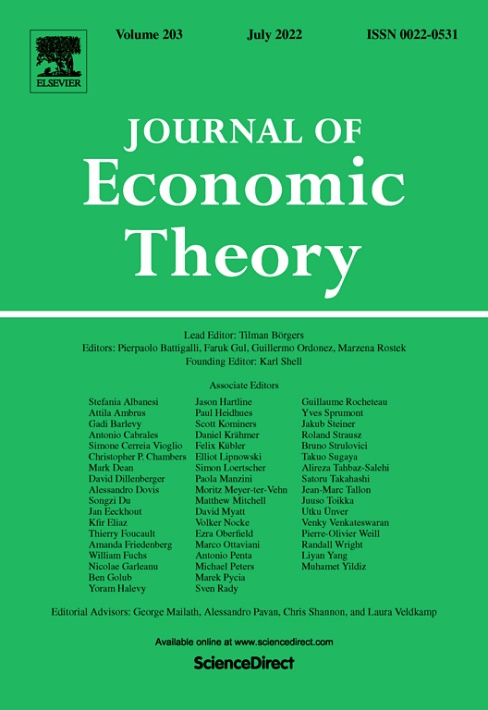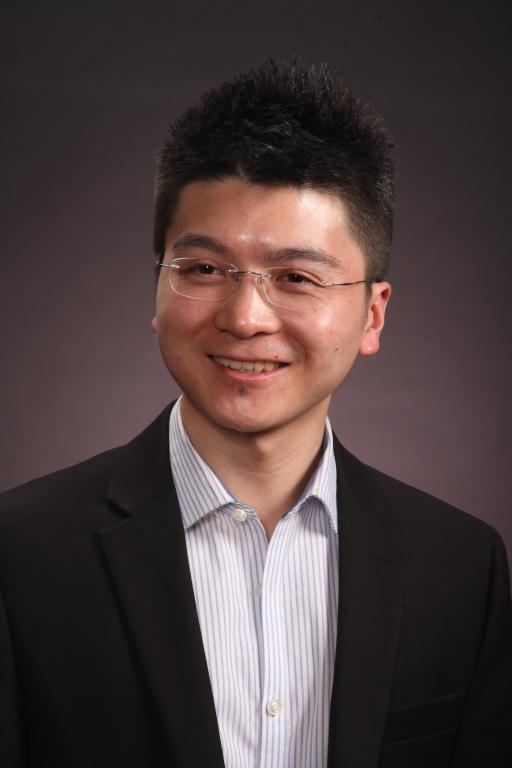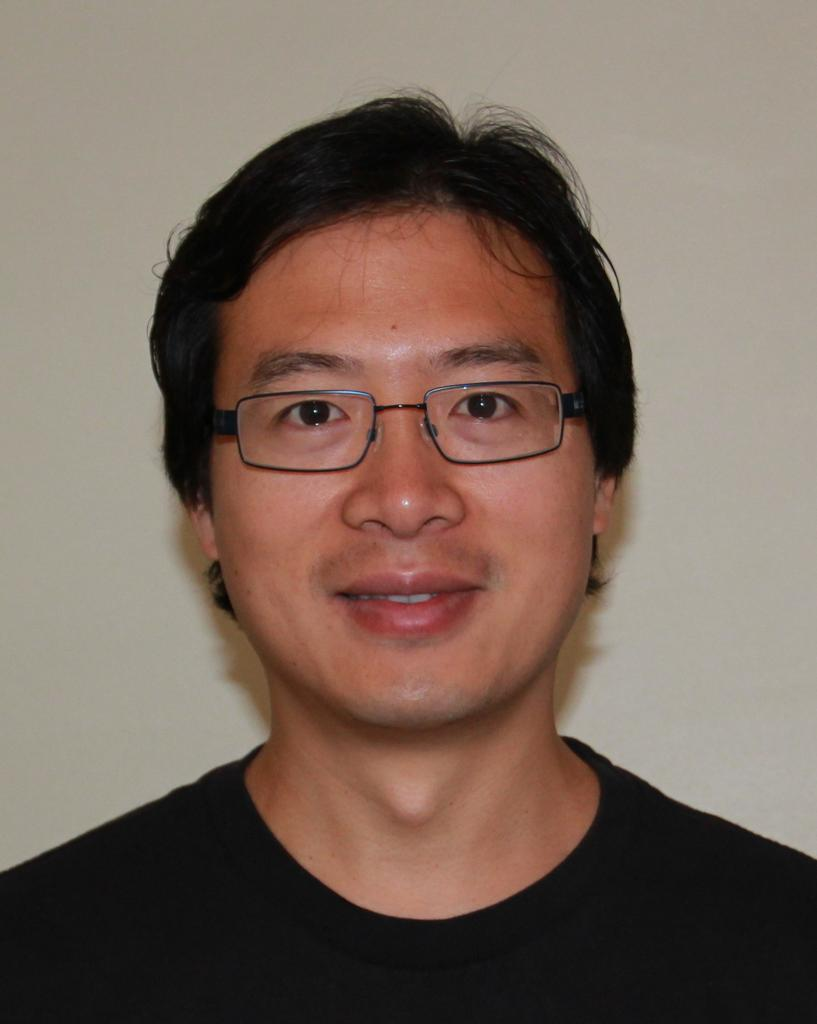The paper ‘The Paradox of Search Intensity’, wirtten by PhD He Chao, Associate Professor of China Economy Research Institute of Liaoning University and PhD Fan Xiaodong, Senior Lecturer of Monash University in Australia was accepted by the Journal of Economic Theory (JET), a top journal in theoretical economics.
The acceptance of this paper is another landmark achievement in terms of the Liaoning University’s ‘Double First-class’ development in recent two years since teachers from the Faculty of Economics published a slew of academic papers in international journals such as RESTAT (Yu Miaojie), JPubE (Chen Feng), JDE (Yu Miaojie, Yin Lijuan), JEMS (Gaoming) and JLE (Yang Zhe).
Introduction to the paper:
In the standard labor search matching model, the search intensity of unemployed workers is pro-cyclical (the worse the economy, the lower the search intensity) and the higher the search intensity of workers will increase the matching efficiency and the incentive for enterprises to create jobs. These two forecasts are inconsistent with the situation of the US labor market after the 2008 financial crisis. In order to solve the problem of inconsistency between theory and data, this paper allows workers to find jobs in multiple markets at the same time in the standard model of discrete time and may be admitted in multiple markets. At this time, adverse economic shocks can improve the intensity of workers’ search because as the probability of finding a job in the local area decreases, workers will be more motivated to find a job in more markets. In contrast, in the standard model of continuous time and single market, the marginal return of search intensity does not depend on the return of existing search intensity, so the search intensity is pro-cyclical. This increase in the breadth of search intensity will lead to more job admissions being rejected, which in turn will inhibit the employment creation of enterprises and reduce the matching efficiency. The externality of admission rejection may also lead to multiple equilibria. In the calibrated model, a short-term financial crisis can lead to the continuous increase of workers’ search intensity and unemployment rate. Financial shocks are more likely to cause this result than productivity shocks.
Introduction to the journal:
Journal of Economic Theory was founded in 1968 with an impact factor of 1.4. Operated by Elsevier Publishing House, it is recognized as a top international journal in economic theories.

Introduction to the authors:

He Chao is an Associate Professor of China Economy Research Institute of Liaoning University. Graduated from the University of Wisconsin-Madison in 2012 with a PhD in economics, he was an Assistant Professor at Renmin University of China, Shanghai University of Finance and Economics and East China Normal University. His research fields are macroeconomics, labor economics and international economics. His academic papers have been published in first-class journals at home and abroad, such as Review of Economic Dynamics, Journal of Money, Credit and Banking and China Economics Quarterly. In teaching, he has also won the first prize in the Young Teachers’ Teaching Competition of Shanghai University of Finance and Economics.

Fan Xiaodong is a Senior Lecturer at Monash University in Australia. Graduated from the University of Wisconsin-Madison in 2012 with a PhD in economics, he was a researcher at the Center for Population Aging Research of the University of New South Wales in Australia. His research fields are labor economics and population aging. His academic papers have been published in some top international journals such as Journal of Political Economy and Economic Journal.
